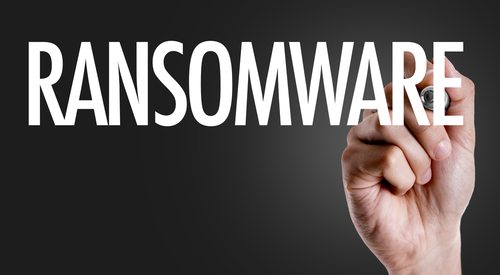Following the news that 34% of NHS trusts have been hit by ransomware over the past 18 months, this news comes an FOI issued by RES. The FOI also found that seven attacks on the NHS were successful, in that data was given to cybercriminals. Raj Samani, Intel Security EMEA CTO commented below on how healthcare organisations can protect themselves against a rapidly growing threat.
Raj Samani, Intel Security EMEA CTO at Intel Security:
 “Ransomware attacks are rising at an alarming rate and show no signs of slowing down but as cyber criminals focus in on the UK, they will not focus solely on corporate businesses. Healthcare is seen as a soft target and there are those that do not care for the ethical dilemmas of targeting such organizations. With ransomware services surprisingly easy to find online at very low cost, even the most amateur criminals can use ransomware to attack institutions in order to get paid. Hospitals will need to ensure the right technologies are in place to prevent criminals from impacting the availability of front line services that patients rely upon.
“Ransomware attacks are rising at an alarming rate and show no signs of slowing down but as cyber criminals focus in on the UK, they will not focus solely on corporate businesses. Healthcare is seen as a soft target and there are those that do not care for the ethical dilemmas of targeting such organizations. With ransomware services surprisingly easy to find online at very low cost, even the most amateur criminals can use ransomware to attack institutions in order to get paid. Hospitals will need to ensure the right technologies are in place to prevent criminals from impacting the availability of front line services that patients rely upon.
“Ransomware cases should certainly not be taken lightly as criminals are well aware of the huge potential for financial gain when launching ransomware attacks. One group we tracked made over £49,000 in just ten weeks by attacking organisations in this way, and using such a service.
“The introduction of electronic health records and connected devices is completely changing the IT landscape for many hospitals. However, it’s essential that security remains a key priority, and that the industry ensures it is looking to the most effective and efficient ways to secure operations and data. Tapping into resources such as the No More Ransomware Project, as well as partnering up trusts to share the costs of cybersecurity tools and management are just two ways that the industry can ensure that its cyber defences are up to the current threat landscape.”
The opinions expressed in this post belongs to the individual contributors and do not necessarily reflect the views of Information Security Buzz.



